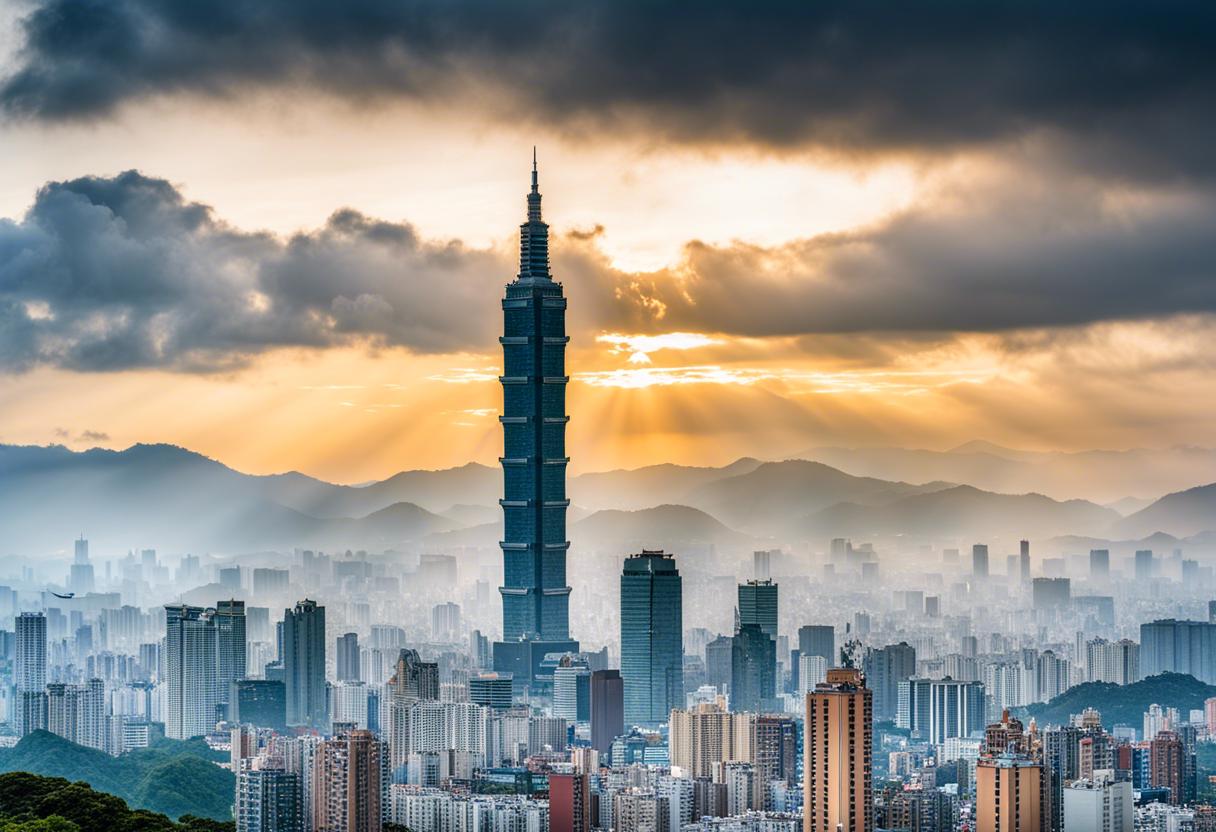In his inaugural week as Taiwan’s president, William Lai faced significant opposition domestically while also contending with military threats from Beijing. His administration experienced a turbulent start marked by a parliamentary impasse and thousands marching in solidarity with him, underlining the obstacles his presidency faces.
In a three-way competition that transpired last January, Lai secured his presidency with a win of 40% of votes. However, his Democratic Progressive Party (DPP) suffered a loss in their parliamentary majority. The opposing Kuomintang (KMP) banded with the Taiwan People’s Party (TPP) and a pair of independents, subsequently taking over the majority of the legislative yuan.
This week witnessed a law passed enhancing parliamentary power over the executive branch. This includes allowing formation of investigative committees with rights to gather extensive information, compelling Lai to satisfy legislator queries.
Some aspects of this new law reflect suggestions previously made by the DPP when they were in opposition. Building upon this, the law introduces a new contempt of parliament charge that could potentially lead to imprisonment of ministers and officials for unreliable or insufficient parliamentary statements.
The passing of this law incited public outrage – not only concerning the legislation’s content, but also the manner it was introduced in parliament. The demonstrating crowd consisted of many veterans from the 2014 Sunflower Movement, a student-led occupation of parliament protesting a rushed trading agreement proposal with mainland China.
During his inaugural speech, Lai pledged to foster unity for the self-governed island and prompted Beijing to cooperate for maintaining peace. However, his new approach to cross-Strait relations was percieved as more assertive than his respected predecessor, Tsai Ing-wen, who was careful to balance Taiwan’s independence while avoiding friction with Beijing.
Lai declared that Taiwan and the mainland are “not subordinate to each other,” a statement interpreted as an independent stance by the Chinese Communist Party (CCP). He also avoided Tsai’s usual practice of quoting agreements that conveyed her non-interference in the existing order.
China’s government reacted to Lai’s address by staging a two-day military demonstration around Taiwan that included live ammunition and warships conducting a mock blockade. This was sanctioned as a direct retaliation against Lai.
Beijing’s hostile behaviour was a misplaced effort to threaten Lai at his inauguration, instead of diplomatically interacting with the fresh president. Nevertheless, Lai is also starting to recognise the extent of his authority, the requirement to cooperate with the newly-formed parliamentary majority, and the prudence of his predecessor’s nuanced tactic towards cross-Strait affairs.

